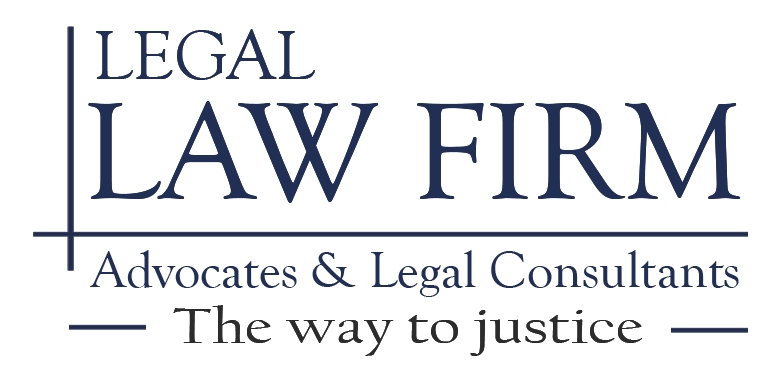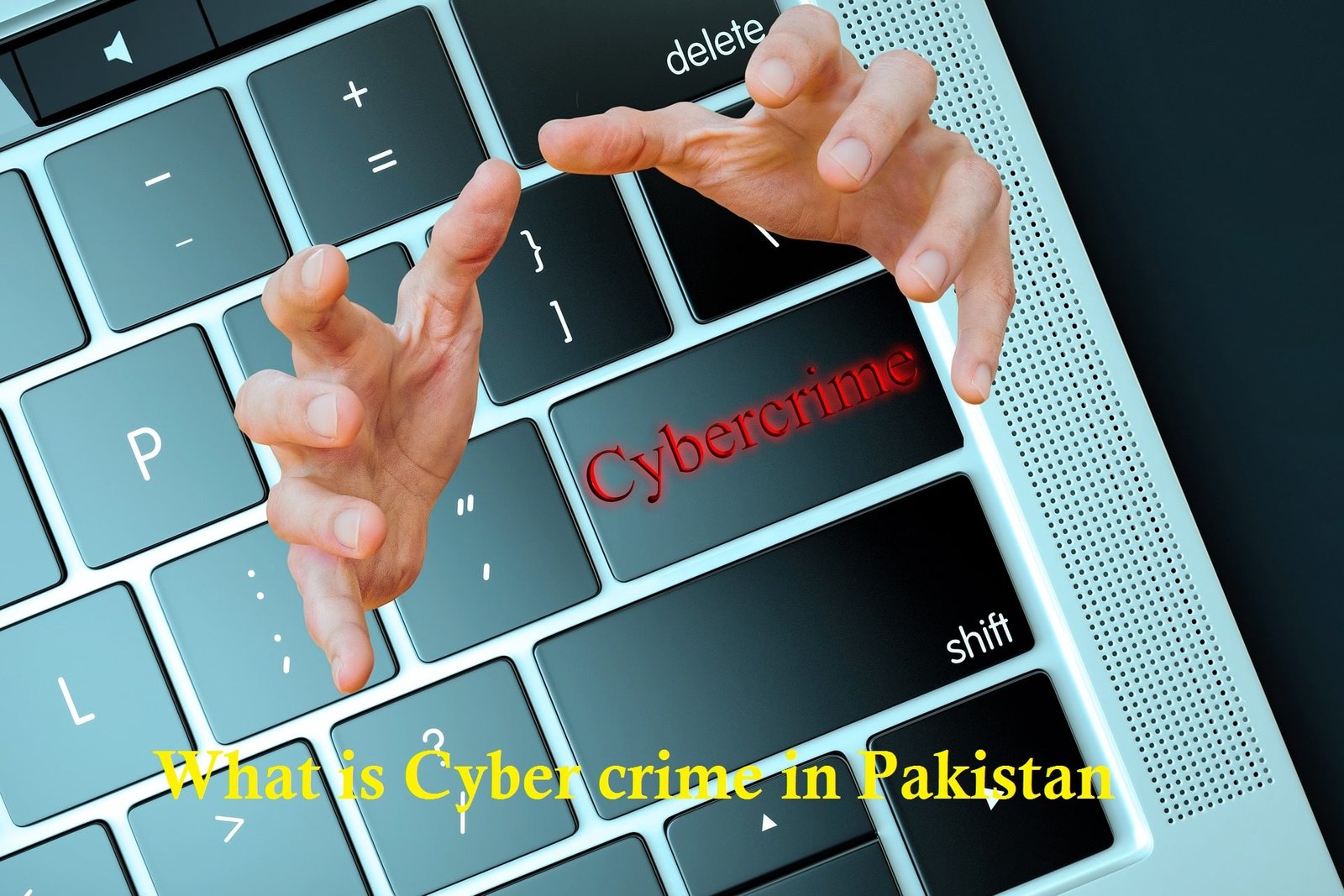Cyber crime refers to any crime that is committed through the use of computers and computer networks. Cybercrime can take many different forms, including computer hacking, online fraud, and online stalking. Cybercriminals often target businesses and individuals, stealing sensitive information or damaging computer systems. Cybercrime is the unlawful use of computers and the Internet for criminal purposes.
Pakistan has been one of the most important and prominent countries in the world of cybercrime. The country is well-known for its technology-based businesses, and it has a large population of internet users who are susceptible to being victims of cybercrime. There are various types of cyber crimes that are committed by different individuals and groups. These include financial fraud, identity theft, extortion, cyber bullying, cyber stalking, etc.
How many types of cybercrimes in pakistan?
There are many types of cybercrimes in Pakistan, We will discuss most prominent of them:
1.What is Phishing?
Phishing is a form of fraud in which scammers trick people into sharing sensitive information. It usually happens over email or online, but in some cases it may happen via text message. What is the difference between a scam and a phishing attack?
The main difference in between Scam and Phishing, Scam is a fraudulent scheme where someone tries to get you to give them your personal information. “” A phishing attack is when someone tries to get you to give them your personal information by sending you a fake email or text message.
2. Identity theft
Identity theft is when someone steals your personal information, such as your name, address, and credit card numbers.
3. Online banking scam
There is no need to get scared about the online banking scams, but it is true that there are scammers who make use of this opportunity to steal money from unsuspecting users. They pretend to be your bank and ask you to pay some amount for security reasons. But they do not have any such requirements and do not have any connection with your bank. They just want your personal details and if you fall into their trap, then you will definitely lose a lot of money.
4. What is Malware?

Malware is short for malicious software, and it’s the name given to any program that does something other than what you intended it to do. For example, malware can cause your computer to slow down or crash, steal your personal information, or even delete your files. If you’re concerned about the security of your computer, it’s a good idea to learn more about malware.
If you are downloading any kind of software or game on your computer, then you must know that there can be malware in it. These are programs which contain viruses and can infect your computer with them. They can also steal important information from your system. If you are not careful, then you can get infected by these malicious programs and can lose a lot of money.
So, you must know about the ways to remove malware from your system. The first thing is to make sure that you have a clean computer. Make sure that all the files which you download are safe. The second thing is to use an antivirus program to detect and remove malware from your system. If you don’t have one, then install one. And always scan your system for any virus or malware.
5. What is Spyware?
Spyware is a type of software that can be used to monitor your computer without your knowledge or permission. It can track your keystrokes, passwords and even your browsing history. It can also monitor your email and instant messaging contacts. 6. Why Is It Dangerous? The threat of spyware is not just limited to your computer, but can affect your whole network as well.
6. Credit card fraud
Credit card fraud is the act of using a fraudulent credit card to purchase items or withdraw money from an account. Credit card fraud can occur when a thief obtains your card number and PIN, or when they steal your card from your physical possession.
7. Pharming
Pharming is the illegal practice of using unauthorized access to a computer to exploit security vulnerabilities to steal data or to gain unauthorized access to systems.
8. DNS poisoning
DNS poisoning is the unauthorized modification of DNS records, typically to redirect traffic to a malicious server. DNS poisoning is a technique used to redirect traffic to malicious servers. The attacker alters DNS records to point to a malicious server instead of the legitimate one. This can redirect users to a site that is designed to exploit their vulnerabilities, steal their data, or even install malware on their computer.
9. Password sniffing
Password sniffing is the process of collecting passwords or other sensitive information by intercepting and reading the data that is transmitted over a network. Passwords can easily be sniffed on a network if the attacker has access to the network traffic. This can be done by using a tool such as a sniffer or a network analyzer. By intercepting the data being transmitted, the attacker can easily collect passwords and other sensitive information.
How to protect yourself from cybercrime in Pakistan?

Cybercrime is a growing concern for people in Pakistan and also in the World. It’s becoming an increasingly common problem, and there are many ways you can protect yourself from cybercrime.
1. Keep your personal details safe: If you’re using a computer or smartphone, you need to make sure you don’t put your personal details on it. You should keep your username and password private, and never write them down. You can use a password manager, such as LastPass, to make sure you have a secure password.
2. Use strong passwords: You’ll want to make sure you use a strong password. You might be tempted to use the same password across different websites, but that’s not a good idea. Make sure you use a combination of upper case letters, lower case letters, numbers and symbols.
3. Be careful with social media: When you’re using a computer or smartphone, you’ll want to make sure you’re careful about what you share on social media. You should only share information that you’re comfortable sharing. You should also be careful about what you post on social media. If you post something that’s offensive, it could lead to you being attacked.
4. Keep your computer secure: If you’re using a computer or smartphone, you’ll want to make sure you keep it secure. You should always keep your computer up to date, and install security software. You should also make sure your Wi-Fi is secure.
5. Be careful when browsing: When you’re using a computer or smartphone, you’ll want to make sure you’re careful when you’re browsing the internet. You should never download files from websites that you don’t trust. You should only download files from sites that you know are safe.
6. Use a VPN: If you’re using a computer or smartphone, you’ll want to make sure you use a VPN. A VPN is a Virtual Private Network. It lets you browse the internet securely. It’s also a good idea to use a VPN if you’re on a public Wi-Fi network.
7. Be careful of spam: You should also be careful of spam on social media. If you receive an email from someone you don’t know, you should always check it for spam. You should also be careful of spam on social media. If you receive a message from someone you don’t know, you should always check it for spam.
8. Protect your online identity: You should also make sure you protect your online identity. This means protecting your username and password. You should never give your username and password to anyone. You should also be careful when using public Wi-Fi networks. You should only connect to them when you’re at a safe location.
9. Keep your computer up to date: You should also keep your computer up to date. This means installing the latest updates. You should also make sure you’re keeping your software up to date. If you’re using a smartphone or tablet, you should download the latest apps from the app store.
Conclusion:
In conclusion, the most important thing that you can do to protect yourself from cyber crime is to take the necessary precautions to keep your data secure. There are many ways to protect yourself and your family from the dangers of the internet. You should be careful when downloading files and using any kind of software. You should also avoid opening emails from unknown sources. Always pay attention to your credit card statements and bank account activity. Make sure that your passwords are strong and unique. You should also make sure that your social media accounts are private. It is very easy to get sucked into a web of lies and deceit on the internet, and if you are not careful, you could end up losing a lot of money, your identity, and your peace of mind.




